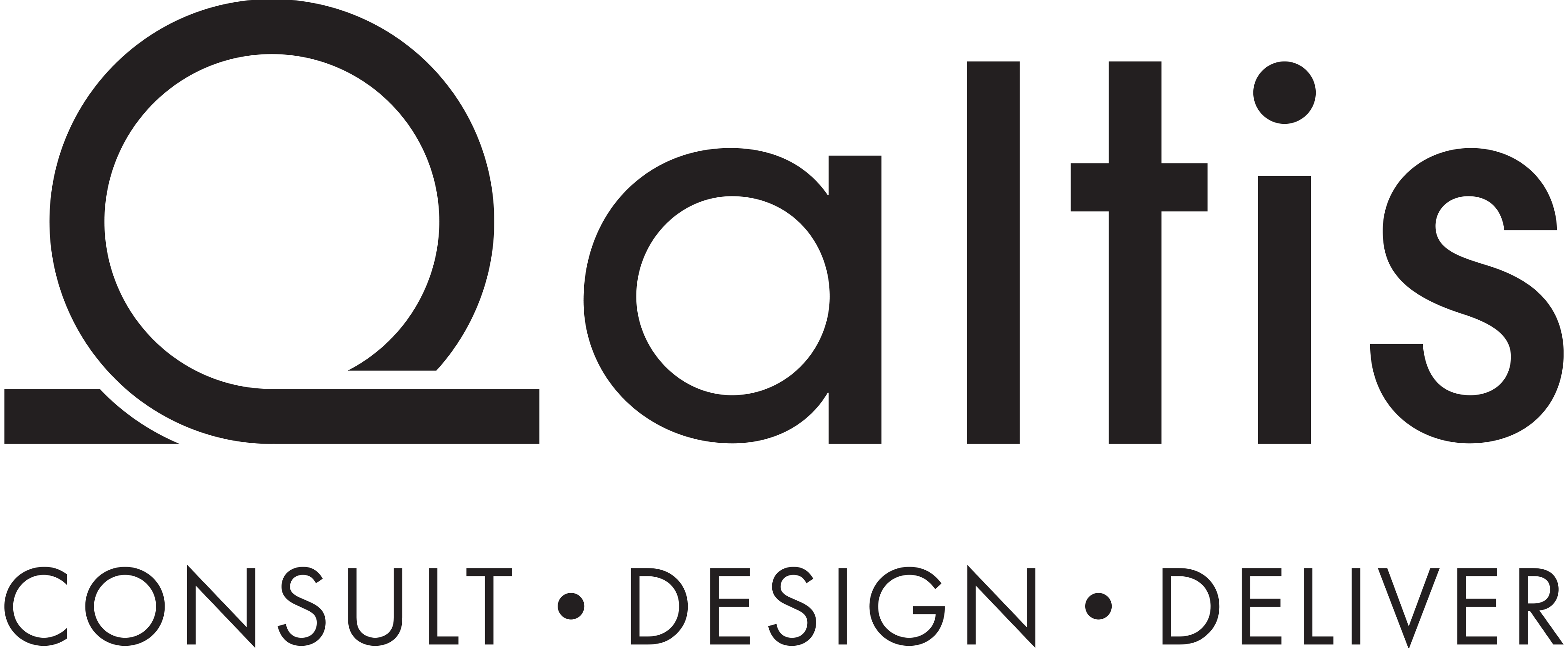A ping-pong table won’t cut it. Neither will rooftop yoga or a neon “People First” sign. Gen Z isn’t looking for perks. They’re looking for purpose. And the most surprising thing? They’re not out to “change the world” (spoiler: climate change and variable-rate mortgages have already got that covered). They’ve simply stopped trading a stable job for the right one.
The logic is simple: If I’m going to spend eight hours a day somewhere, I want to know why. And I want that “why” to be real — not framed on a dusty mission statement or buried inside a Deliveroo voucher.

Things you wouldn’t expect Gen Z to say (but maybe you should)
“I want to stay at my company. If I find a place that treats me well, I’m not leaving.” — Francesco, 25, software engineer. Loves Excel. Hates passive-aggressive managers.
“I don’t need to work in a swimsuit. I’m fine with being in the office — as long as it’s human.” — Chiara, 24, marketing assistant. Stopped believing in boat-based team building by her second Zoom meeting.
“I want to grow professionally. But not at the cost of my mental health.”
— Edoardo, 23, consultant. Meditates daily. Left a “secure” job because it secured him to a desk.
What the data says (besides what your intern’s already told you)
Recent studies confirm that Gen Z is dismantling the idea of the “permanent job”, piece by piece. The signs? Clear enough to flicker the overhead fluorescents:
- Gen Z is already the most represented generation in workplaces. By 2030, they’ll make up 30% of the global workforce. They’re not the “future”. They’re already here.
- 78% prefer hybrid environments — but well-designed ones. A meeting room with strip lighting doesn’t count.
- Only 30% feel engaged by their physical work environment. Translation: the remaining 70% — stuck in a cubicle under a middle manager’s breath — are drafting their resignation letters.
- They want authenticity, sustainability, real flexibility — and spaces that give them a reason to stay, not an excuse to leave.
Oh, and did we mention fair pay? There’s also that. The bottom line: they don’t want a cooler company. They want a more honest pact.
So what now?
Less paternalism. More trust. Less talk about resilience. More actual listening. Fewer “we care about you” slogans. More: “Tell us what you need.” They’re looking for spaces that speak the language of coherence, transparency — and yes, kindness too.
Those who manage to build cultures and environments that are flexible yet clear, warm yet well-structured, are already ahead of the game. The rest? They can keep buying pouffes. Just don’t complain when no one sits down.
Curious whether your office speaks Gen Z? Try answering these questions:
- Is flexibility real — or just remote Fridays?
- Is the space designed to support work — or just decorated with a trendy sofa?
- Are your values visible in your actions — or just on the wall?
- Can people choose where to work in the office
- Community — or social obligation?
- Is there actual greenery — or just a cactus at reception?
- Does management listen — or just say they do?
If you found yourself rolling your eyes more than once, the problem isn’t Gen Z. The problem is that you’re still trying to keep them with meal vouchers. Instead, you could start with a simple question: “If I were 24 today, would I stay in this office?” If the answer is no, it’s time to make room. The right kind.


